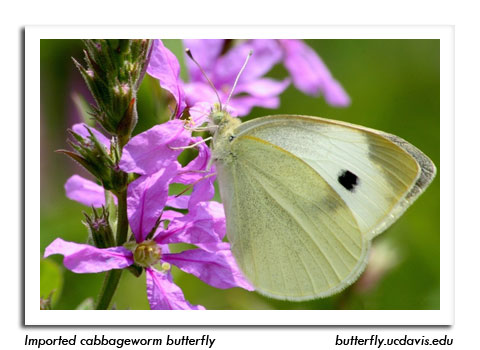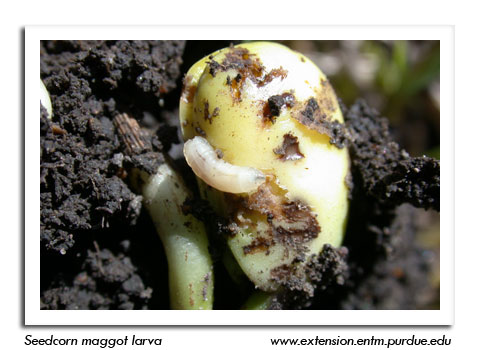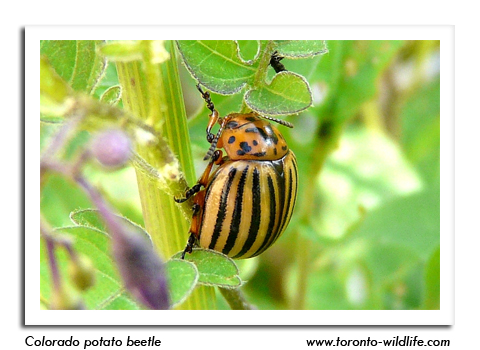
 |
|
|
Vegetables
Volume 59 Number 4 Date 05/22/2014 IMPORTED CABBAGEWORM - Adults are emerging in greater numbers than in previous weeks and depositing eggs on cruciferous weeds and available early-planted cole crops. Close examination of transplants for eggs and small larvae is critical during the oviposition period. Infestation levels in cabbage should not exceed 30% at the transplant to cupping development stages. ONION MAGGOT - As degree day accumulation approaches 680 units (simple base 40°F) in southern Wisconsin, peak emergence and egg laying by first generation flies should be anticipated. Damage by this pest can be avoided by planting onion sets one week before fly emergence is predicted. The accumulation using a simple base temperature of 40°F was 622 near Beloit, 539 at Madison, 489 near La Crosse and 408 in Hancock as of May 21. SEEDCORN MAGGOT - Damage to susceptible vegetable crops such as beans, corn and cucurbits remains a strong possibility. Recent cool, wet weather has prolonged the adult emergence period and delayed seed germination, creating favorable conditions for maggot infestation. Seedcorn maggots burrow into seeds and prevent germination. Slow seedling emergence and poor stand establishment are early signs of maggot activity. COLORADO POTATO BEETLE - Overwintered adults are emerging from hibernation and dispersing to plants near field edges. The early colonizing population is rarely damaging to young potatoes protected with a systemic neonicotinoid, but beetle abundance should be monitored to ensure effectiveness of insecticide products. Egg deposition is likely to begin by early June and continue for 2-4 weeks. The orange-yellow eggs are deposited in clusters of 15-30 on the undersides of leaves. -- Krista Hamilton, DATCP Entomologist 


|
|
|